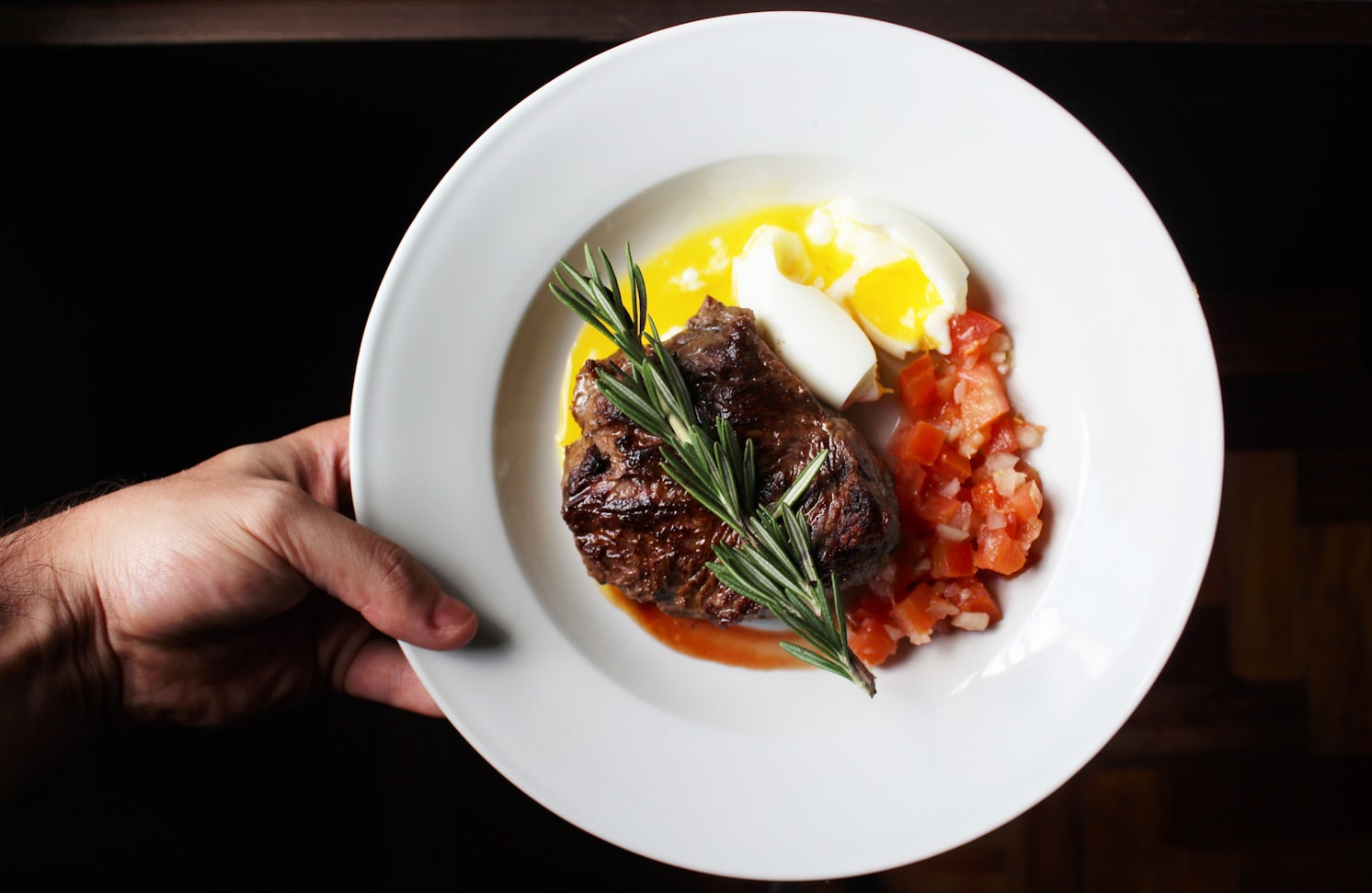Can You Do The Keto Diet Without A Gallbladder?
The ketogenic diet, or keto diet, has gained popularity in recent years for its potential health benefits, including weight loss and improved blood sugar control. However, for individuals who have had their gallbladder removed, following a high-fat diet like keto may raise concerns about digestion and overall health. In this article, we will explore whether it is possible to do the keto diet without a gallbladder and provide valuable insights for those considering this dietary approach.
The Role of the Gallbladder
Before delving into the impact of the keto diet on individuals without a gallbladder, it is important to understand the role of this organ in the digestive system. The gallbladder is a small pear-shaped organ located beneath the liver. Its primary function is to store and concentrate bile, a substance produced by the liver that aids in the digestion and absorption of fats.
When we consume a meal containing fat, the gallbladder releases bile into the small intestine, where it helps break down the fats into smaller molecules that can be easily absorbed by the body. Without a gallbladder, the bile continuously drips into the small intestine, rather than being stored and released in response to a meal.
The Keto Diet and Fat Digestion
The keto diet is a low-carbohydrate, high-fat diet that aims to shift the body into a state of ketosis, where it primarily burns fat for fuel instead of carbohydrates. This dietary approach typically involves consuming 70-75% of calories from fat, 20-25% from protein, and only 5-10% from carbohydrates.
Given the high fat content of the keto diet, individuals without a gallbladder may wonder if they can effectively digest and absorb the increased fat intake. While the absence of a gallbladder may impact fat digestion to some extent, most people can still adapt to a high-fat diet over time.
Adapting to a High-Fat Diet
When transitioning to a high-fat diet without a gallbladder, it is important to take certain steps to support digestion and minimize potential discomfort. Here are some strategies to consider:
- Gradual Transition: Start by gradually increasing your fat intake over a period of weeks or months, allowing your body to adjust to the higher fat content.
- Choose Healthy Fats: Opt for healthy sources of fat, such as avocados, nuts, seeds, olive oil, and fatty fish, which provide essential nutrients and are easier to digest.
- Include Fiber: Consuming an adequate amount of fiber from non-starchy vegetables can help regulate digestion and promote bowel regularity.
- Consider Digestive Enzymes: Some individuals may benefit from taking digestive enzyme supplements that contain lipase, the enzyme responsible for breaking down fats.
- Stay Hydrated: Drinking enough water throughout the day can help prevent constipation and support overall digestion.
Case Studies and Success Stories
While scientific studies specifically examining the effects of the keto diet in individuals without a gallbladder are limited, there are anecdotal reports of people successfully following this dietary approach. Many individuals have shared their experiences of doing the keto diet without a gallbladder and have reported positive outcomes, including weight loss, improved energy levels, and better blood sugar control.
For example, a case study published in the journal Obesity Surgery reported on a patient who underwent a gastric bypass surgery, which involves removing the gallbladder. The patient followed a ketogenic diet and experienced significant weight loss and improvements in metabolic markers.
Frequently Asked Questions (FAQ)
1. Can the keto diet cause gallstones?
No, the keto diet itself does not directly cause gallstones. However, rapid weight loss, which can occur on the keto diet, may increase the risk of gallstone formation in some individuals.
2. Will I experience digestive issues on the keto diet without a gallbladder?
While some individuals may experience digestive issues initially, most people can adapt to a high-fat diet over time. Gradually increasing fat intake, choosing healthy fats, and considering digestive enzyme supplements can help support digestion.
3. Can I still lose weight on the keto diet without a gallbladder?
Yes, weight loss is still possible on the keto diet without a gallbladder. Many individuals have reported successful weight loss outcomes even after gallbladder removal.
4. Are there any specific foods I should avoid on the keto diet without a gallbladder?
While there are no specific foods to avoid, it is important to listen to your body and make adjustments as needed. Some individuals may find that certain high-fat foods, such as fried foods or heavy cream, are harder to digest.
5. Can I do intermittent fasting on the keto diet without a gallbladder?
Yes, intermittent fasting can be combined with the keto diet even without a gallbladder. However, it is important to monitor your body’s response and adjust your eating window and meal composition accordingly.
6. Should I consult a healthcare professional before starting the keto diet without a gallbladder?
It is always advisable to consult a healthcare professional, such as a registered dietitian or doctor, before making any significant dietary changes, especially if you have had your gallbladder removed. They can provide personalized guidance based on your specific health needs.
Summary
While the absence of a gallbladder may impact fat digestion, most individuals can still follow the keto diet successfully. By gradually increasing fat intake, choosing healthy fats, including fiber, considering digestive enzyme supplements, and staying hydrated, individuals without a gallbladder can adapt to a high-fat diet. Anecdotal reports and case studies suggest that many people have achieved positive outcomes, such as weight loss and improved metabolic markers, on the keto diet without a gallbladder. As with any dietary change, it is important to listen to your body, make adjustments as needed, and consult a healthcare professional for personalized advice.




